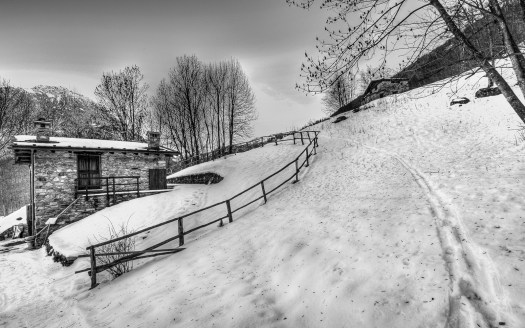This morning at breakfast, Seth (our 11-year-old) asked, “Do you think we could have a half-Lent fast? I think 20 days is plenty.”
I get the sentiment, especially if we view Lent primarily as 40 days of rigorous, clenched-teeth discipline. However, Lent offers a profound gift – the possibility of shedding clunky baggage, of releasing old wounds, of returning to a simplicity we crave but have difficulty embracing. Lent hands us a solid reason to resist the many distractions, impulses and confusions that own us, even though we cringe each time we recognize their tyranny. Lent gives us permission to cut away messy entanglements, to reduce the noise. Lent arrives as a cleanse for the soul. Lent invites us to shed everything that inhibits our joy.
In these wilderness days, we are moving somewhere, moving toward Easter. Lent comes from an old saxon word meaning length, referring to the lengthening of days as we move toward Spring. In Lent, we begin to shake off the dirt, the slumber, the cold. We lift our eyes, hopeful, eager for the bright sun to pour into us again. But the winter is still here now, and there is work to do.
When we take on a Lenten fast or give ourselves to a particular Lenten practice, we embark on a journey, answering the call toward the resurrection sure to come. We ready ourselves for joy. Fasts remind us that the the love of God is our truest food, the nourishment we must have or else we die. When we surrender an obsession, or add a new rhythm of prayer or creativity or watchfulness, we do so because we long for the simplicity of grace. Wearied by our muddled, complicated, love-shorn lives, we yearn for the joy. And we will have it, by God.
One Lent years ago, compulsive guilt held my mind and heart in a chokehold. Every day, I woke to the runaway thoughts and went to bed with them still tapping their tune. Enduring the craziness for more than a year, the anxiety began to gobble up my life, my presence with my boys, my work, my intimacy with Miska. Each year, Miska and I help one another decide our Lenten rhythm. That year, Miska said, “I think that for Lent you should give up guilt.” It might sounds zany, and Miska certainly wasn’t suggesting my compulsions could simply be dismissed by a mental sleight of hand. Anyone who has ever tried to not think something knows that’s a train wreck. Miska was suggesting, however, that Lent provided me an excuse to step off the merry-go-round, an opportunity to say, you know, I’m going to have to put the guilt on hold for at least 40 days.
My spiritual practice was to not worry about all the evil things I believed about myself, all the ways I feared I might be a screwup. That Lent didn’t cure my mess (sometimes we need time or friends, drugs or a good psychiatrist), but it certainly did make room for joy, room that would not have been available to me otherwise.







